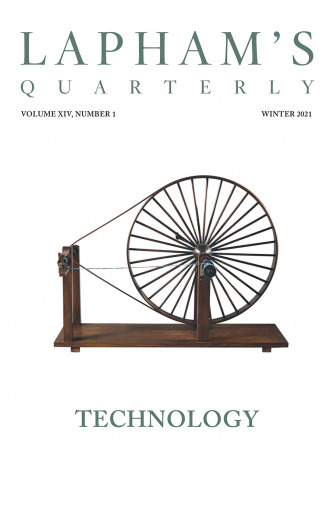
Thomas Carlyle
(1795 - 1881)
The Scottish historian and essayist Thomas Carlyle wrote a history of the French Revolution that proved helpful to Charles Dickens for A Tale of Two Cities research; was one of Mark Twain’s favorite books; and was called “a poem, at length got translated into prose; an Iliad” by Henry David Thoreau. George Eliot remarked that “there has hardly been an English book written for the last ten or twelve years that would not have been different if Carlyle had not lived.” He was a prolific writer of biographies and histories and popularized the idea that history could be best studied by focusing on the men deemed as notable: “Universal History, the history of what man has accomplished in this world, is at bottom the history of the Great Men who have worked here.”
